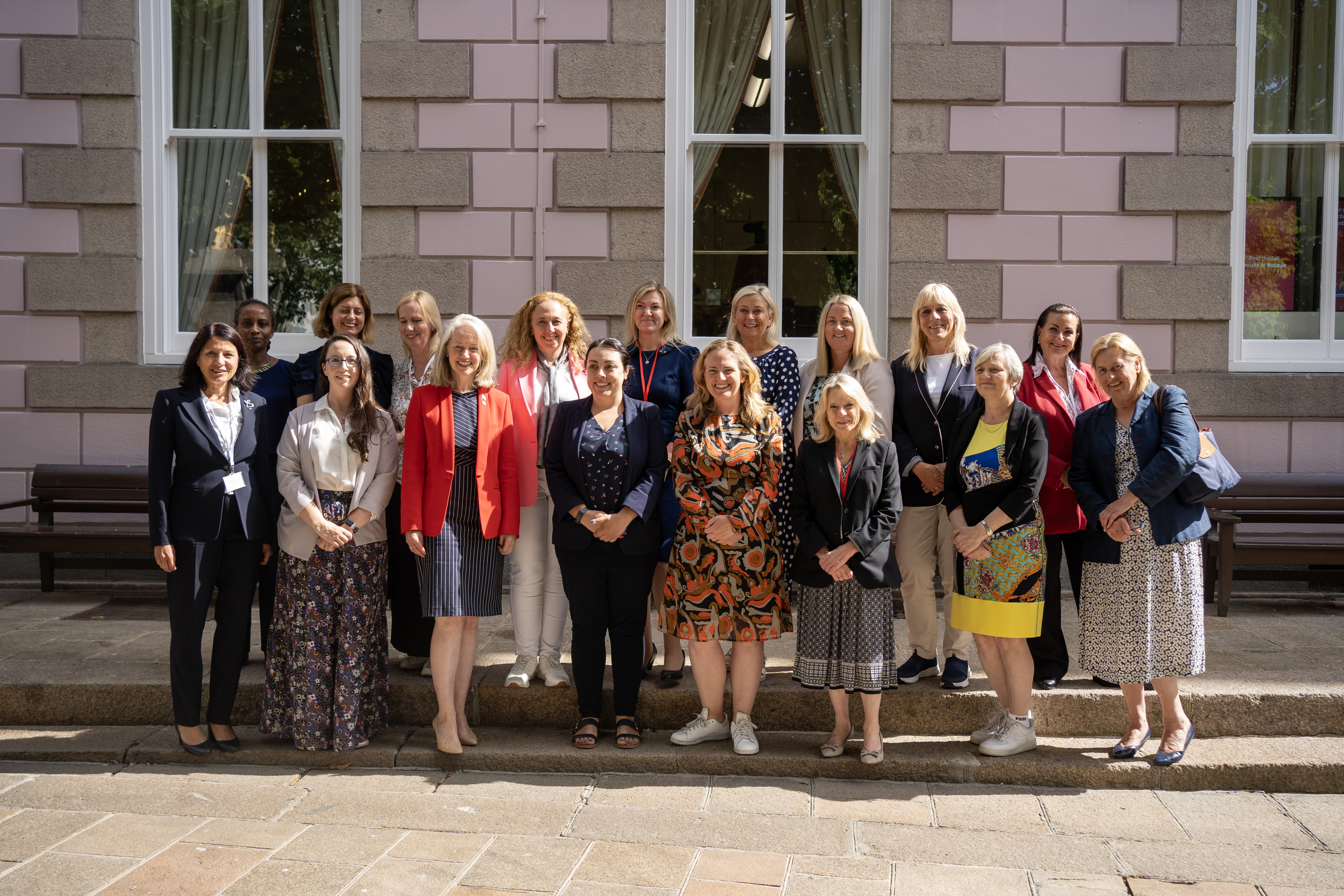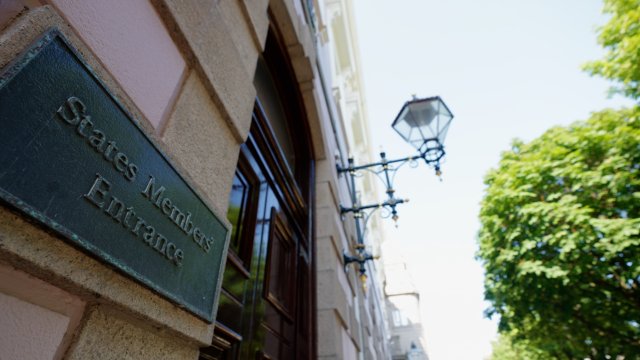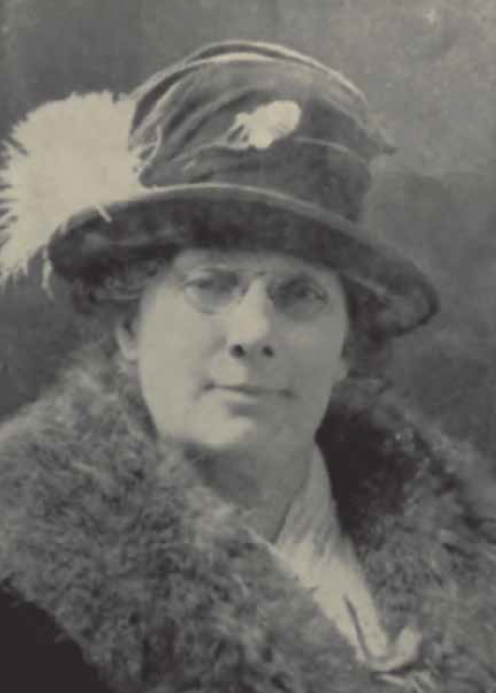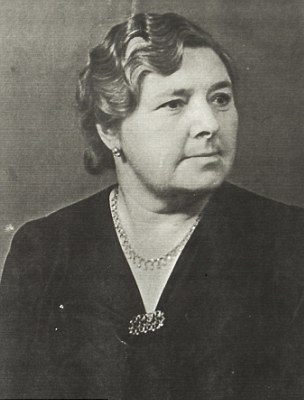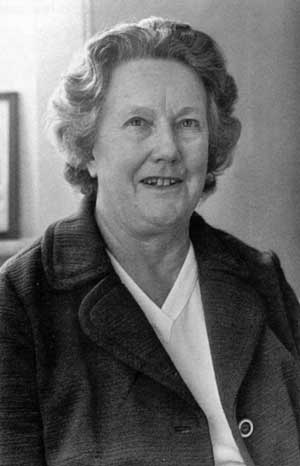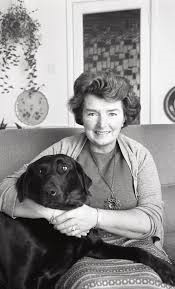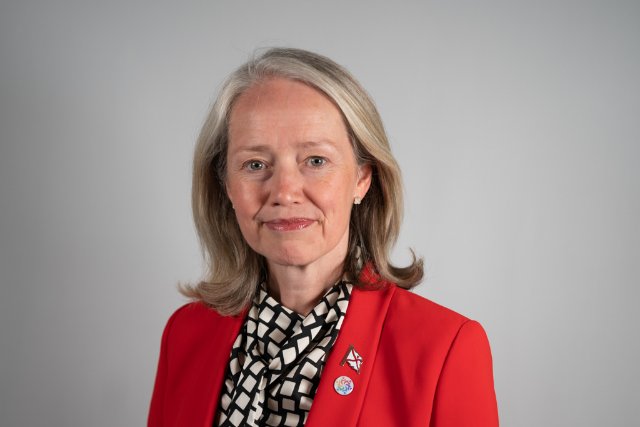All of the members of the States were men until 1948 when Ivy Forster became the first woman to be elected to the Assembly.
Since then:- 344 men have sat in the States Assembly
- 45 women have sat in the States Assembly
- A woman topped the poll for the first time in the 2018 Senatorial election
- 43% of States Members are female - pictured above (a 50% increase from 14 in 2018)
- 51% of Deputies are female (19 out of 37)

